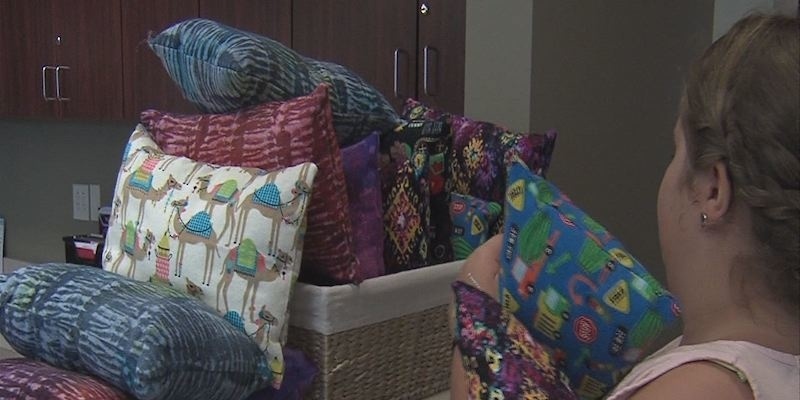A Grand Salute at Sea: India’s Biggest International Fleet Review Set to Light Up Visakhapatnam
Imagine standing along the shores of Visakhapatnam as massive warships line up across the horizon, their decks gleaming under the February sun, naval bands echoing across the sea breeze. This is not just a display of naval might; it is a message to the world. India will host three major international maritime events simultaneously: the International Fleet Review (IFR) 2026, Exercise MILAN 2026, and the Indian Ocean Naval Symposium (IONS) Conclave of Chiefs. For the first time, these prestigious events will unfold together in Visakhapatnam, turning the coastal city into the global capital of naval diplomacy. At the heart of it all is the International Fleet Review, one of the largest naval events in independent India’s history.71 Ships, 65 Nations, One OceanBeginning on February 18, the IFR 2026 will witness participation from 71 ships, including 19 foreign warships and 45 vessels from the Indian Navy. The remaining ships represent the Coast Guard, Merchant Navy, and research vessels. These ships will be arranged ceremonially in six lines at sea, forming a breathtaking maritime formation. The event will be reviewed by President Droupadi Murmu at sea, a moment that symbolizes civilian leadership’s connection with the armed forces and the country’s maritime strength. Vice Admiral Sanjay Bhalla, Flag Officer Commanding-in-Chief of the Eastern Naval Command, has emphasized the scale and significance of this event. According to him, the review not only highlights India’s operational readiness but also its growing stature in global naval cooperation. From Southeast Asian partners such as Thailand and Sri Lanka to Western naval powers, 65 countries will be represented. This scale of participation demonstrates how India has become a trusted and preferred maritime partner in the Indo-Pacific region.INS Vikrant and Indigenous StrengthOne of the most anticipated highlights is the participation of INS Vikrant, India’s indigenous aircraft carrier. Already in Visakhapatnam ahead of the review, INS Vikrant stands as a symbol of India’s self-reliance in defense manufacturing. The presence of this aircraft carrier is not merely ceremonial. It showcases India’s journey toward indigenous naval capability and aligns with the broader national vision of strengthening domestic defense production. The IFR will also underline Prime Minister Narendra Modi’s MAHASAGAR vision of Mutual and Holistic Advancement for Security and Growth Across Regions. Through cooperation, joint exercises, and dialogue, India aims to ensure a stable, secure, and open maritime domain.The Rise of MILAN: From Four Nations to Sixty-FiveExercise MILAN began modestly in 1995 with participation from just four countries. Over the decades, it has evolved into a major multilateral naval exercise involving 65 navies worldwide in 2026. MILAN 2026 will focus on interoperability, tactical coordination, humanitarian assistance, and maritime security operations. In an era where sea lanes are critical for global trade and energy supply, collaboration among navies has become more important than ever. By hosting MILAN again, India reinforces its commitment to regional stability and collective security. The exercise demonstrates that naval power today is not only about warfare but also about disaster response, anti-piracy missions, and safeguarding global commerce.More Than a Military DisplayBehind every warship are sailors who spend months away from their families. Behind every international handshake are years of training and preparation. Events like IFR 2026 remind us that defense is ultimately about people, about safeguarding trade routes that bring goods to markets, ensuring energy supplies reach homes, and protecting fishermen who depend on the sea for survival. For Visakhapatnam, hosting this mega event is an honor. For India, it is a statement. And for the world, it is an invitation to cooperate rather than compete, to build bridges instead of barriers. As the ships align in six ceremonial lines and the President reviews them at sea, the message will be clear: India is ready, India is capable, and India stands committed to collective maritime security.

.jpg)
.jpg)

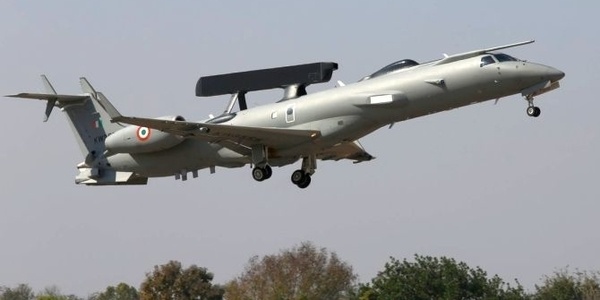
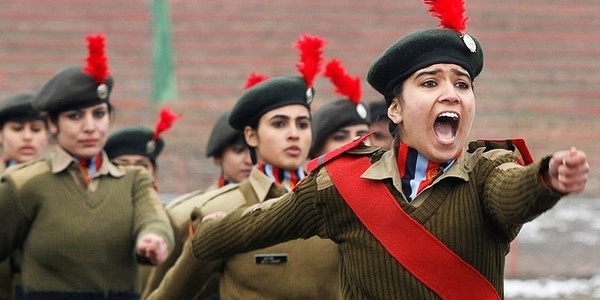
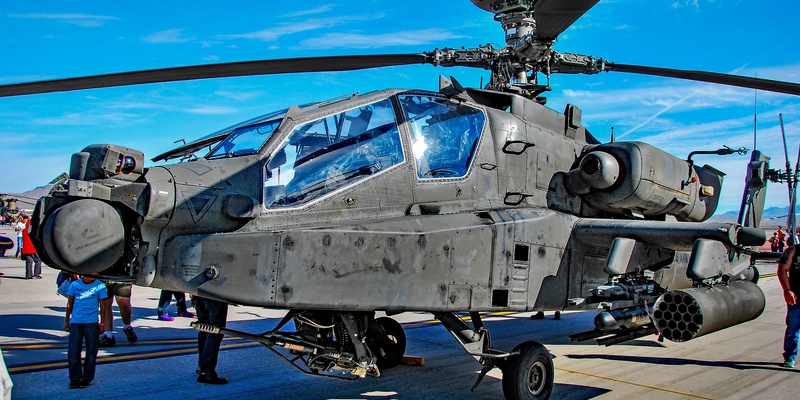

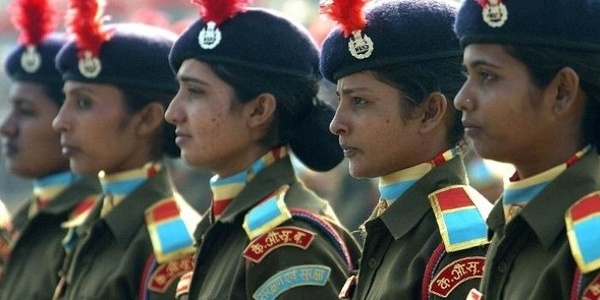
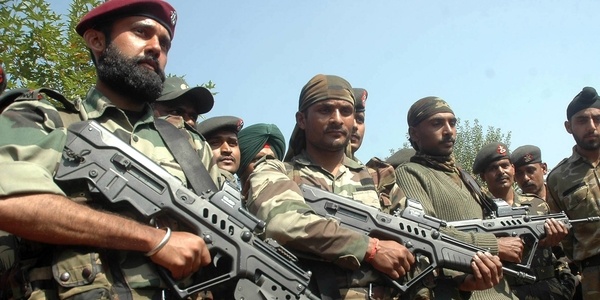

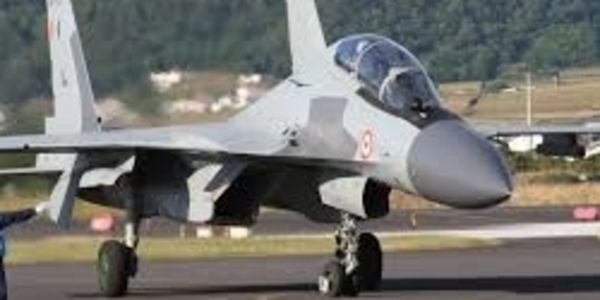

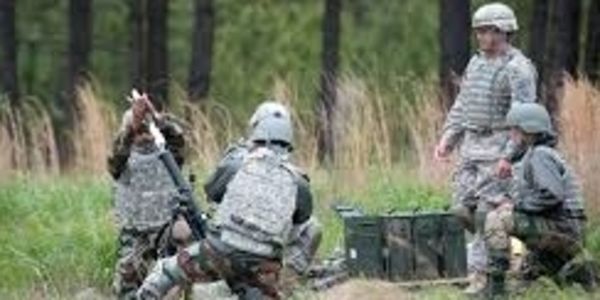
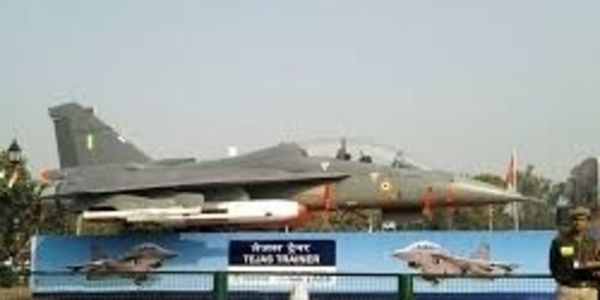
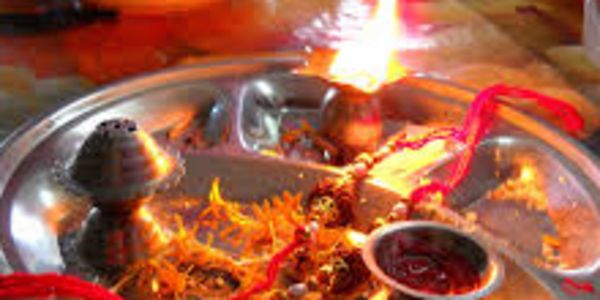
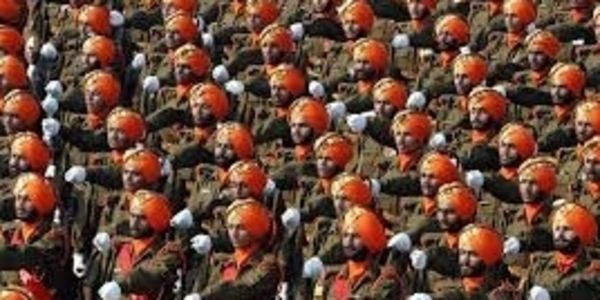
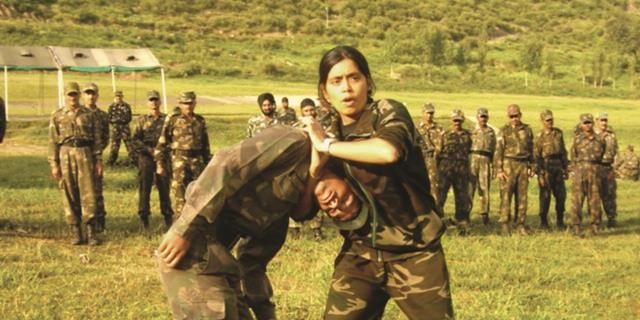
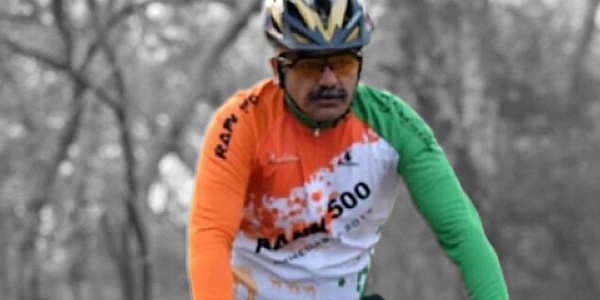
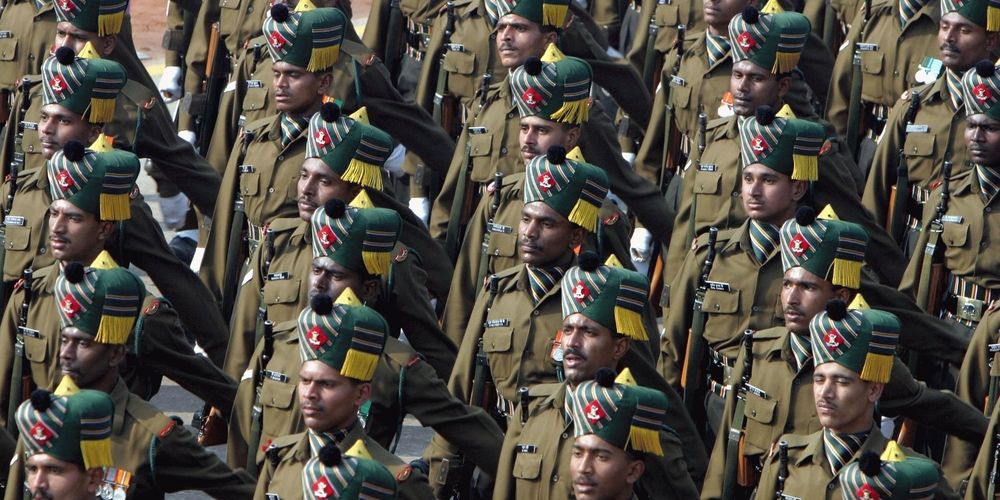
.jpg)
.jpeg)
